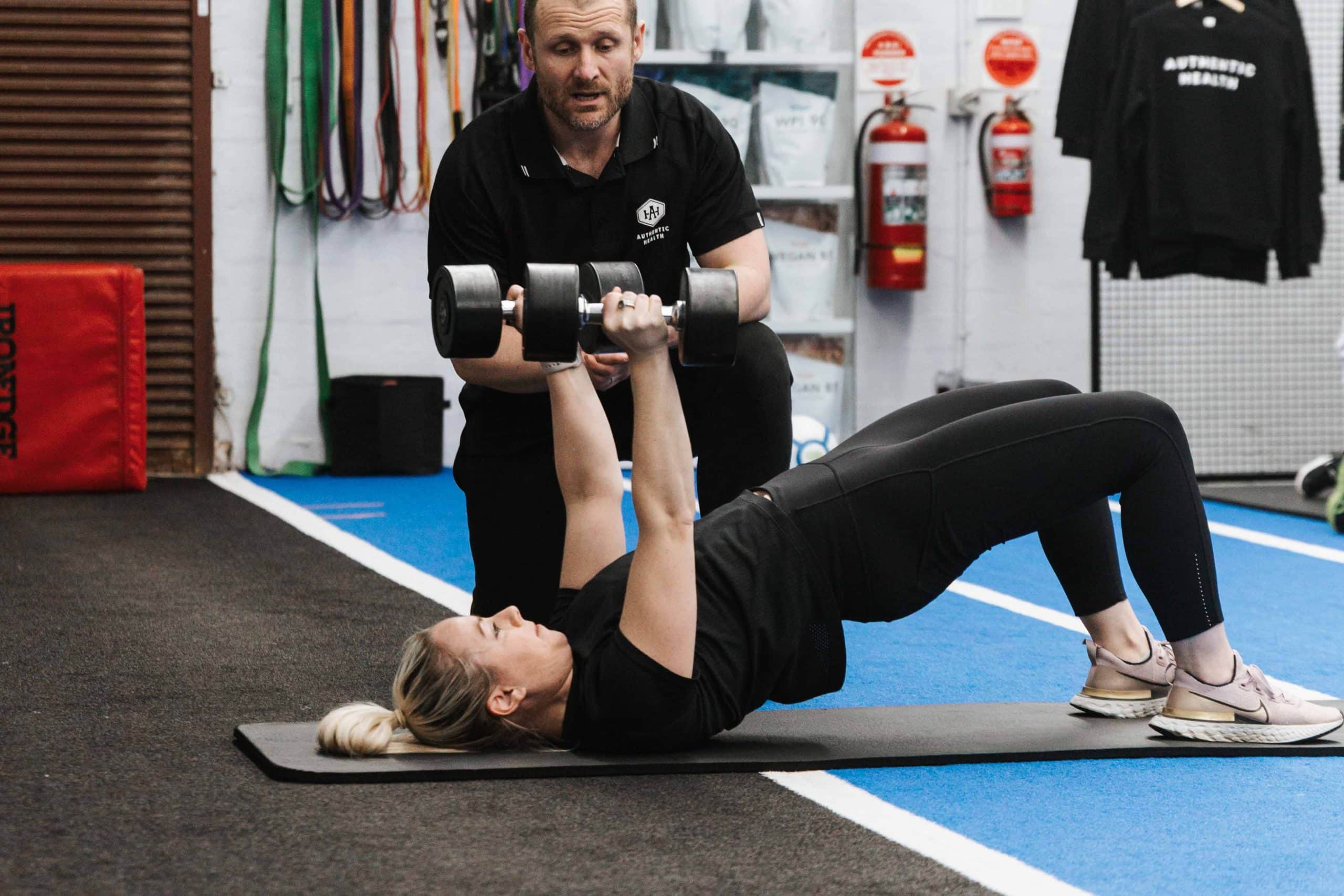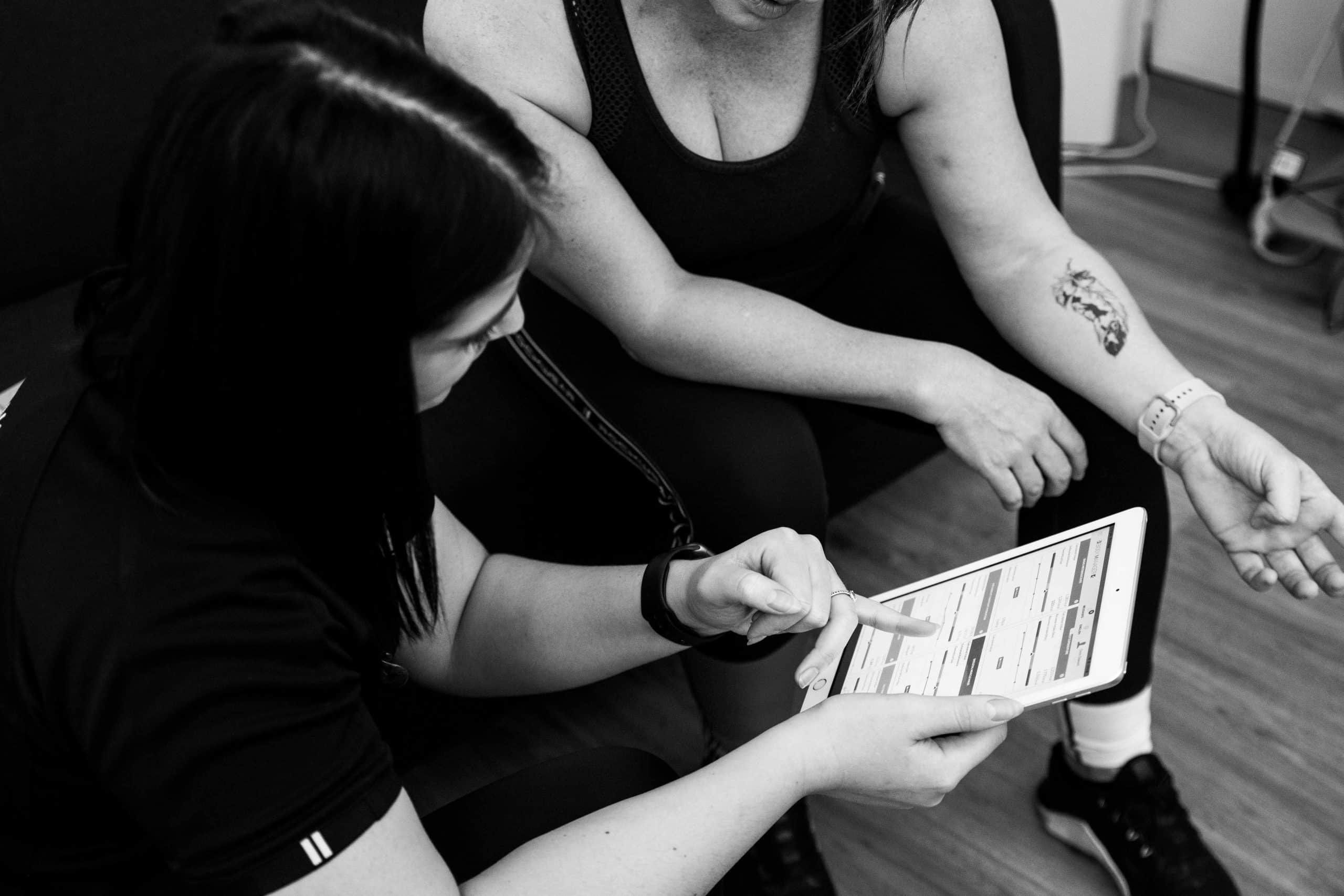Involving Your Family
Self-care is not selfish and we most definitely don’t need to be beating this drum on our own. In fact, incorporating self care into your families routine can enhance your relationships while promoting health and well-being for everyone. When you include your loved ones in the self-care process, you not only prioritise your own well-being but you set a positive example for those around you and let them know that in this family we value feeling great.
Family Workouts
- Make It Fun: Exercise can be a great way to bond with your family. Incorporate activities that everyone can enjoy, such as hiking, biking, or playing sports. The key is to keep it fun and engaging so that it doesn’t feel like a chore. Make it normal that we spend time together exploring the outdoors.
- Create a Routine: Establish a regular time for family workouts, whether it’s a morning walk, a weekend bike ride, or an evening yoga session. Consistency helps build healthy habits and provides a structured time for your greatest values – family connection and wellbeing.
- Get Creative: If you have young children, incorporate games and playful activities into your exercise routine. For example, you can turn a backyard obstacle course into a fun fitness challenge or have a dance-off in the living room.

Healthy Meal Planning
- Grow Your Veggies: Not only are growing veggies therapeutic its a great way to encourage children to eat a variety of different vegetables. Make them apart of the process, picking the types they’d like to grow, watering them, and watching them grow.
- Cook Together: Invite your family to participate in meal planning and preparation. This not only lightens the load but also teaches children valuable skills about nutrition and cooking. You can make it a fun family activity by assigning roles, such as choosing recipes, grocery shopping, or preparing ingredients.
- Create Your Own Recipe Book: Explore new recipes together, focusing on nutritious meals that everyone will enjoy and create a book of recipes you love to cook. Be sure to Experiment with different cuisines and cooking techniques to make mealtime more exciting and adventurous.
- Meal Prep Together: Dedicate a weekend afternoon to meal prepping as a family. Preparing meals in advance ensures that healthy options are readily available throughout the week, making it easier to maintain balanced eating habits.
Family Self-Care Rituals
- Mindful Moments: Incorporate mindfulness practices into your family routine. This could be a few minutes of deep breathing before bedtime, a family gratitude session before dinner, or simply spending time walking together in nature to unwind.
- Set Boundaries Together: Teach your family the importance of setting boundaries to protect personal time. For instance, establish quiet hours and routine where everyone engages in their own self-care activities, such as reading or journaling.
- Celebrate Successes: Recognise and celebrate small victories in your self-care journey as a family. Whether it’s completing a fitness challenge or trying a new healthy recipe, acknowledging these moments reinforces the value of self-care.
Self-Care at Work
Work is a significant part of your day and life, and it’s essential to find ways to integrate self-care into your workday. By prioritising your well-being at work, you can enhance productivity, reduce stress, and maintain a healthy work-life balance.
Taking Short Breaks
- Schedule Breaks: Set reminders to take short breaks throughout your workday. Even a 5-minute break to stretch, use a band, take a walk around, or focus on your breathing can refresh your mind and body.
- Step Outside: If possible, step away from the desk and outside for a breath of fresh air and sunlight during your breaks. Exposure to natural light and fresh air can improve your mood and energy levels.
- Mini Workouts: Incorporate quick exercises like desk stretches, chair squats, or shoulder rolls to keep your body active and prevent stiffness.
Setting Up a Healthy Workspace
- Ergonomic Setup: Ensure your workspace is ergonomically designed to reduce strain on your body. This includes adjusting your chair, desk, and computer screen and keyboard to promote good posture and prevent becoming stiffer than a park bench.
- Personalise Your Space: Add personal touches to your workspace, such as plants, photos, or inspiring quotes. A personalised environment can boost your mood and make your workday more enjoyable.
- Healthy Snacks: Keep healthy snacks like nuts, fruit, or yogurt within reach to maintain your energy levels throughout the day. Avoid relying on sugary or processed snacks, which can lead to energy crashes.
Managing Work-Life Balance
- Set Boundaries: Clearly define your work hours and stick to them. Avoid checking emails or taking work calls outside of these hours to maintain a healthy separation between work and personal life.
- Prioritize Tasks: Focus on the most important tasks first, and delegate or postpone less critical ones. This helps prevent overwhelm and allows you to manage your workload more effectively.
- Use Time Wisely: Identify time-wasting activities and find ways to minimize them. For example, limit unnecessary meetings or reduce time spent on social media during work hours.
Setting Realistic Expectations
Self-care just like your fitness is not about perfection; it’s about progress. It’s important to set realistic expectations for yourself and to approach self-care with flexibility and compassion. By being kind to yourself and adjusting your goals as needed, you can create a sustainable self-care routine that fits your life.
Realistic Goal Setting
- Start Small: Begin with small, achievable goals that fit into your current lifestyle. For example, instead of committing to an hour-long workout every day, start with a 10 minute walk and gradually increase the duration.
- Be Flexible: Life is unpredictable, and there will be days when your self-care routine doesn’t go as planned. Be flexible and adapt your routine to accommodate changes in your schedule for example, if you don’t have time for a dedicated walk can you park 10 minutes away from work and walk.
- Celebrate Progress: Acknowledge and celebrate the progress you make, no matter how small. Recognise that self-care is a process, and each step forward is a positive move towards better well-being.
Embracing Imperfection
- Let Go of Guilt: It’s okay if you miss a workout or indulge in a treat—self-care isn’t about being perfect. Let go of guilt and remind yourself that taking care of yourself is a long-term commitment, not a race.
- Adjust as Needed: If a particular self-care practice isn’t working for you, don’t be afraid to adjust or try something different. The key is to find what works best for you and your lifestyle for example I have had many clients try and feel frustrated by meditation but love taking a mindful walk where they focus on all the different shades of colour in nature.
- Prioritise Self-Compassion: Treat yourself with the same kindness and understanding that you would offer a friend. Self-compassion is a crucial part of self-care and helps you maintain a positive and resilient mindset.



